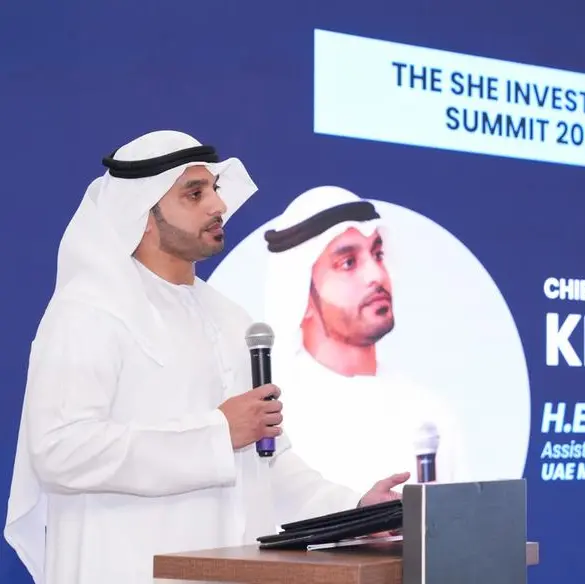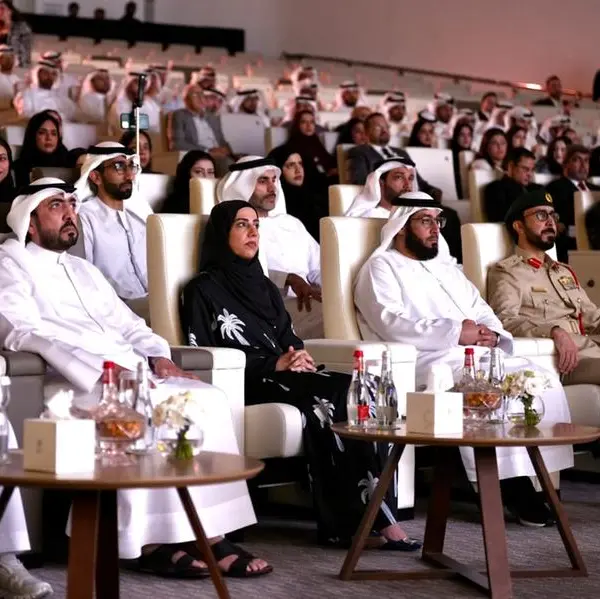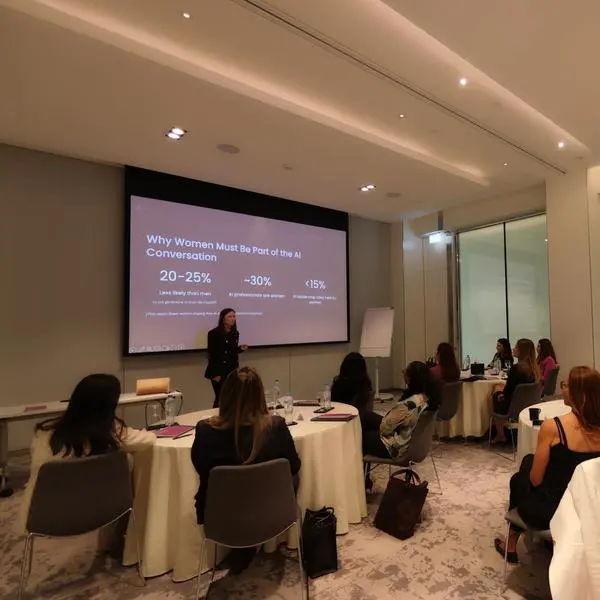PHOTO
Doha: Qatar Science & Technology Park (QSTP), jointly with its anchor partner, ExxonMobil Research Qatar (EMRQ), held a workshop to highlight research initiatives focused on the use of biochar and its potential to unlock various agricultural and environmental gains.
The workshop aimed to share EMRQ’s initiative in developing and using biochar – a carbon-rich form of charcoal that can be generated from different waste resources, such as municipal solid waste, food waste, or industrial waste – for industrial wastewater treatment, and to highlight its potential to improve soil quality and sequester carbon, explained Dr. Suhur Saeed, Water Management Lead, EMRQ.
Researchers at ExxonMobil have been examining a variety of organic materials, including biochar – which, when added to soil, can improve soil productivity, encouraging plant life and crop cultivation, among other benefits – to identify ways to drive sustainability across diverse geographical and agricultural settings, for over two decades now.
Speaking at the workshop, Dr Asfaw Bekele, Research Advisor, Technology and Engineering, Imperial Oil, Canada, drew attention to the value of biochar in land reclamation (converting barren land into a productive state) and land remediation (removing harmful materials from the soil). “Part of our research looked into the use of biochar to improve the quality of soil and grow crops, particularly for agricultural lands. For countries like Qatar that happen to have arid, sandy soils and experience comparatively less rainfall, biochar holds tremendous potential. Especially, in relation to food security, as biochar boosts the nutrient potential of soil, providing a healthier and more nourishing home for plant growth,” Dr Bekele explained.
“In terms of environmental benefits, biochar helps in carbon sequestration, which is the process of capturing and storing atmospheric carbon dioxide. This means that we are able to minimize greenhouse gas emissions and combat climate change.”
Another speaker at the workshop, Mohamed Gamal El-Din, Professor, Department of Civil and Environmental Engineering, University of Alberta, Canada, also highlighted the significance of biochar to Qatar’s self-sufficiency efforts and shed light on biochar’s use to treat oil and gas wastewater and its contribution to supporting the circular economy – a sustainable model focused on repairing and reusing materials as long as possible to reduce the consumption of natural resources. “A lot of the food in Qatar is procured through imports because of unfavorable land conditions for certain types of crops to grow. But, with amendments to the soil, using biochar, we can change this and diversify food sources locally.
“Not only does biochar bring nutrients to improve soil fertility, but its physical structure increases the water holding capacity of soil. Simply put, this offers a more sustainable way of growing crops and also has a bearing on water conservation, which is another major priority area for Qatar.”
The workshop also saw Dr Mohammad Alherbawi, Postdoctoral Fellow, Sustainable Development Division, Hamad Bin Khalifa University (HBKU), present an overview of the university’s research on biochar production and usage. “Qatar is suffering from soil degradation, due to a variety of reasons, including salinity and poor water retention. Producing biochar locally from various waste resources provides a long-term solution to enrich the quality of soil here.”
Researchers at HBKU have worked intensively on this aspect, Dr. Alherbawi pointed out. “Biochar generated as part of the university’s efforts has saved more than 20 percent of irrigation water and helped boost vegetable crops yield by over 30 percent.” Additionally, the HBKU team has tested biochar to treat wastewater and achieved notable results in purifying industrial polluted wastewater streams.
According to Dr. Alherbawi, the university is setting up a pyrolysis (biochar production process) pilot plant at Qatar Foundation’s Green Island, which will generate more than 100kg of biochar a day when operational. The plant will also produce fuel gas that will be used to power an on-site charging station for electric vehicles.
Among the workshop participants were representatives from Qatar Gas, Ministry of Municipality and Ministry of Environment and Climate Change. QSTP is a member of Qatar Foundation. To read more about QSTP, visit qstp.org.qa
-Ends-
Qatar Science & Technology Park
Qatar Science & Technology Park (QSTP), part of Qatar Foundation, is a Free Zone, accelerator and incubator for tech-product development in Qatar. The park fosters an innovation and entrepreneurship ecosystem in Qatar that works to accelerate commercialization of market-ready technologies to realize Qatar’s national diversification drive.
QSTP’s focus ranges across four overarching themes, comprising Energy, Environment, Health Sciences and Information & Communication Technologies (ICT), in line with the Qatar National Research Strategy announced in 2012.
Located in Qatar Foundation's Education City, QSTP has access to the vital resources of a cluster of leading research universities. Members of QSTP’s Free Zone include Small and Medium-sized Enterprises (SMEs), international corporations and research institutions. They are collectively committed to investing in new technology development programs, creating intellectual property, enhancing technology management skills and developing innovative new products.
QSTP supports QF’s economic and human development objectives for Qatar and is increasingly recognized as an international hub for applied research, innovation, incubation, and entrepreneurship.
For more information, please visit the QSTP website at www.qstp.org.qa
Qatar Foundation – Unlocking Human Potential
Qatar Foundation for Education, Science and Community Development (QF) is a non-profit organization that supports Qatar on its journey to becoming a diversified and sustainable economy. QF strives to serve the people of Qatar and beyond by providing specialized programs across its innovation-focused ecosystem of education, research and development, and community development.
QF was founded in 1995 by His Highness Sheikh Hamad bin Khalifa Al Thani, the Father Amir, and Her Highness Sheikha Moza bint Nasser, who shared the vision to provide Qatar with quality education. Today, QF’s world-class education system offers lifelong learning opportunities to community members as young as six months through to doctoral level, enabling graduates to thrive in a global environment and contribute to the nation’s development.
QF is also creating a multidisciplinary innovation hub in Qatar, where homegrown researchers are working to address local and global challenges. By promoting a culture of lifelong learning and fostering social engagement through programs that embody Qatari culture, QF is committed to empowering the local community and contributing to a better world for all.
For a complete list of QF’s initiatives and projects, please visit: www.qf.org.qa
To stay up to date on our social media activities, follow our accounts on: Instagram, Facebook, Twitter and LinkedIn.
For any media inquiries, please contact: pressoffice@qf.org.qa




















